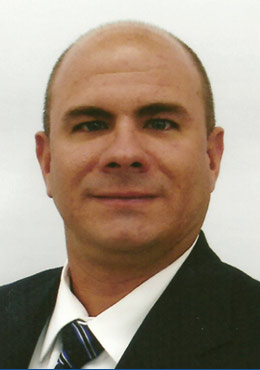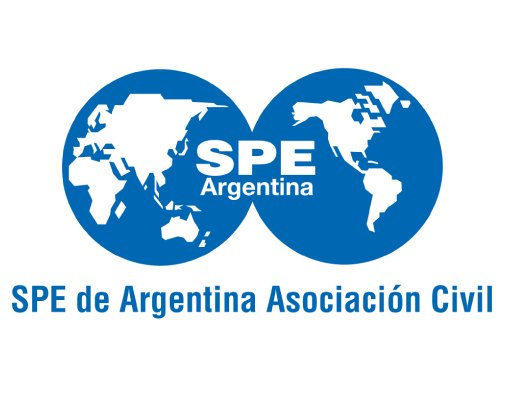Perfecting In-situ Stress Calibration for Field Developments
Javier Franquet

Abstract:
Wireline straddle-packer microfrac testing has evolved significantly since its introduction to the industry as the recommended methodology for in-situ stress measurements; however, these subsurface stress tests are underutilized today and only conducted in few data-acquisition wells. Initially, the risk of unsuccessful microfrac testing was high due to unstable open-hole conditions combined with inferior tool deployment and deficient straddle-packer performance. Additionally, the industry found basic effective in-situ stress models that require few field calibration points from casing-shoe leak-off tests or borehole breakout modelling. Consequently, microfrac testing became a nice-to-have experiment rather than an essential subsurface tectonic stress calibration data. Then, the shale-gas revolution brought the inescapable pursuit of more hydraulically fractured wells in tight formations where basic effective stress ratio models were unable to predict lithology-dependent stress contrast between pay and non-pay intervals. Consequently, straddle packer microfrac tests have become more relevant to calibrate subsurface tectonic strains and predict accurate fracture containment in unconventional reservoir developments. Moreover, straddle packer tool capabilities were recently upgraded for cap-rock integrity assessment in enhanced oil recovery injectors, cutting re-injection wells, and underground gas storage projects. Finally, proper microfrac stress calibration is also important for accurate compaction & subsidence modelling of depleted reservoirs and wellbore stability analysis of extended reach drilling wells. The take away message is subsurface stresses cannot be directly measured by any log at in-situ conditions and only straddle packer microfrac testing can “perfectly” calibrate the tectonic stress profile by performing multiple tests at different lithologies.
Biography:
Franquet is a Senior Advisor for Baker Hughes. He holds a BSc in Mechanical Engineering (USB), an MS in Geosciences and Petroleum Engineering (IFP), and an MS in Petroleum Engineering (TAMU). He has 24 years of petroleum applied geomechanics and formation evaluation experience. He has conducted more than 240 straddle packer stress tests worldwide. He has authored more than 50 technical papers in geomechanics and stress testing. He holds three US patents in downhole stress measurements, and he co-authored the geomechanics chapter of the Unconventional Development book edited by Ahmed and Meehan in 2016.
WEBINAR en español Gratuito
Fecha: Miércoles 30 de Septiembre
Hora: 3.00 pm, Arg (GMT-3)
La inscripción se encuentra cerrada
